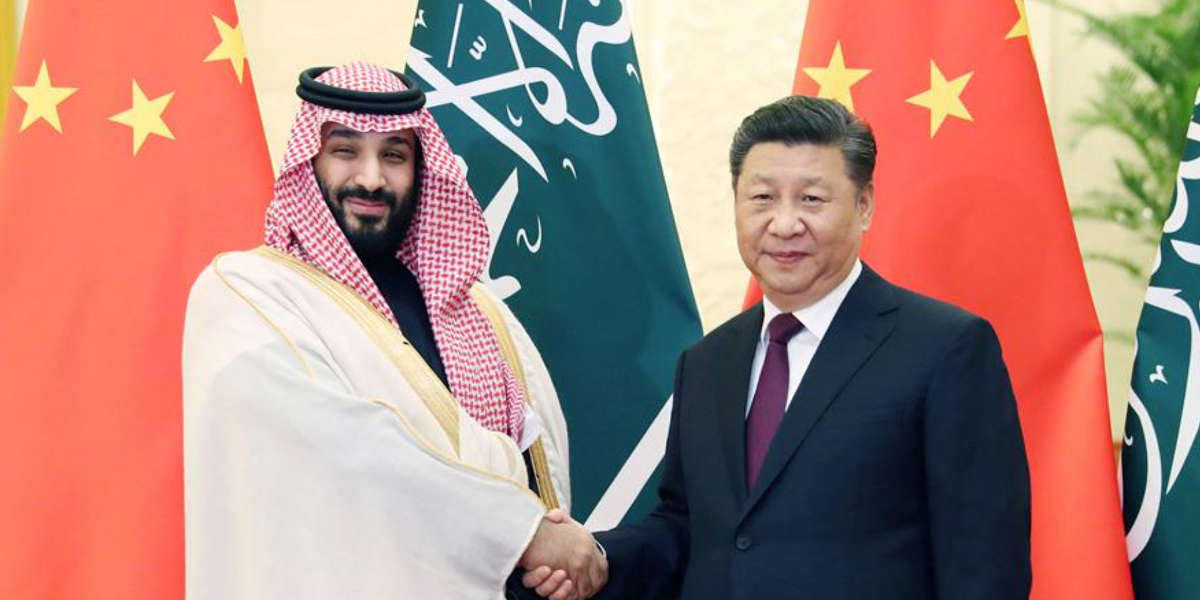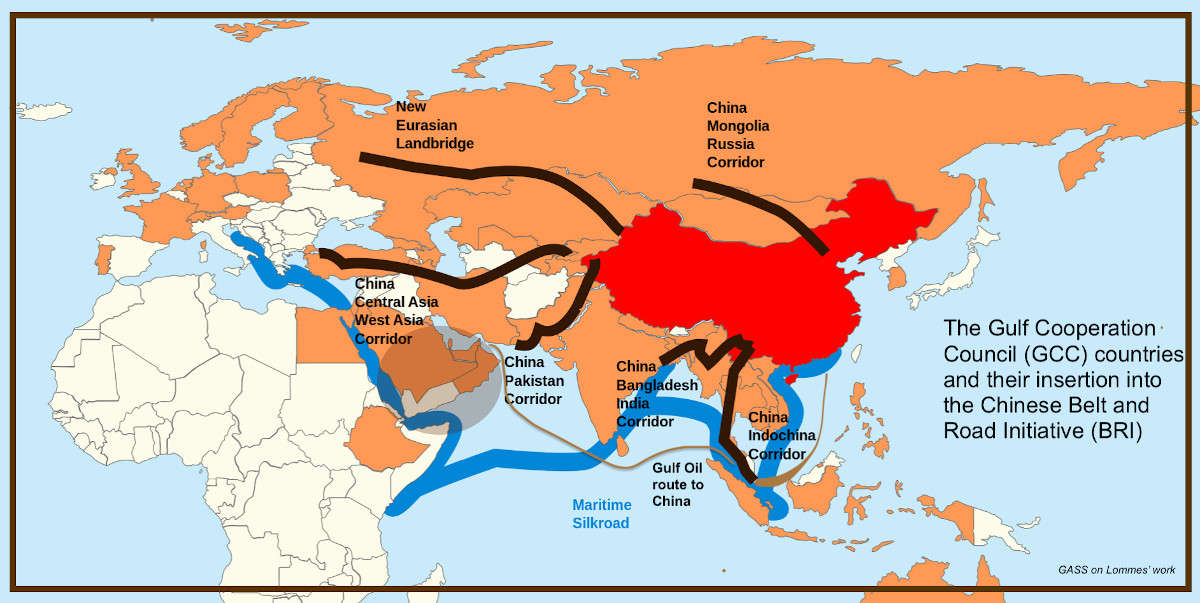Covid-19 Diplomacy
Vaccine diplomacy is a component of global health diplomacy that involves the use and distribution of vaccinations in order to accomplish a nation’s global health objectives and foreign policy aims. China’s Covid-19 diplomacy was mostly driven by factors other than necessity or mutual exchange. Beijing’s decisions to offer medical help or vaccines have been heavily influenced by political and strategic considerations, which included the aim to enhance current alliances and establish new ones.
China’s provision of medical help and immunizations often involves certain conditions or requirements. Chinese embassies abroad have requested that officials in recipient nations demonstrate their appreciation by participating in handover ceremonies to welcome Chinese medical supplies and vaccines, whenever feasible. Furthermore, there is evidence indicating that Beijing not only sent vaccines to recipient countries but also made demands for these governments to support Chinese positions on many matters.
From the standpoint of Gulf countries, the coronavirus pandemic elevated China's status from a mere trading partner to a valuable source of scientific knowledge and a collaborator, although the quality of the Chinese vaccines was lower than that of some Western-produced vaccines and the zero-Covid policy carried out by Beijing at the end damaged the economic recovery of the country. Back in March 2020, nevertheless, China offered an online conference for medical personnel from Middle Eastern countries, to discuss its knowledge and strategies in avoiding Covid-19.
Amidst the global devastation caused by Covid-19, China seized the chance to redefine its international position. China clearly tried to enhance its global reputation as a responsible and influential nation through diverse tactics, including mask and vaccine diplomacy. The primary recipients of this public diplomacy exercise were the Gulf monarchs and Iran. The Covid-19 outbreak accelerated the strengthening of ties between China and the Gulf area.
Chinese mediation between Iran and Saudi Arabia
On March 10, 2023, Saudi Arabia and Iran declared the restoration of diplomatic relations, facilitated by the People’s Republic of China (PRC). A joint statement between the three nations confirmed that Saudi Arabia and Iran reached an agreement.
The declaration expressed a commitment to restore diplomatic relations and reopen embassies and missions within a maximum time frame of two months. It also emphasized the need of respecting state sovereignty and refraining from interfering in the internal affairs of states.
In addition, all sides expressed their intention to implement two bilateral agreements—the General Agreement for Cooperation officially approved in 1998 and 2001—that became dead letter because the ceasing of relations between Riyadh and Tehran in 2016 due to their conflicting stances in the Yemen and Syria conflicts. By reestablishing their diplomatic relations, both countries ended tensions that lasted for over half a decade.
The declaration revealed that China had been playing a behind-the-scenes role as a mediator in addressing long-standing difficulties between the regional enemies. Beijing’s diplomatic victory represents the latest effort to develop consistent relations between Saudi Arabia and Iran. In 2021 and 2022, Iraq and Oman facilitated several rounds of negotiations between Riyadh and Tehran, leading to the reestablishment of diplomatic ties announced in 2023, as officially declared.
Beijing’s aspiration to become an international mediator in the Middle East—taking its time and not rushing due to pressure from the latest events—must be understood also taking into account the Russia-Ukraine War, where China wants to publicly position itself as an alternative to the political and security system led by the United States.
China's participation in mediating the Saudi-Iran deal can be seen as an attempt to attain a comparable level of significance to the US-brokered Abraham Accords, which established diplomatic ties between Israel and the UAE, Bahrain, Sudan, and Morocco, replicating in some way the 1978 US-mediated Camp David Accords between Egypt and Israel. Advanced negotiations were in placed between Israel and Saudi Arabia as well, but the war in Gaza has put them at hold.
The Gulf region possesses significant geopolitical significance for China’s Belt and Road Initiative, a worldwide infrastructure project spearheaded by China. Some notable projects in the Gulf region that are part of the BRI are the Saudi Arabia Neom City, King Abdulaziz International Airport, Dubai Al-Maktoum Airport phase 2, and the Qatar Integrated Rail Project, among others.
However, the political relations between China and the GCC countries are questionable, mostly because of the influence of Iran. Tehran continues to be a prominent supporter of terrorism, separatism, and meddling in the internal affairs of Arab nations. The profound distrust between Riyadh and Tehran makes it highly improbable for the ongoing tensions to transform into a harmonious peace in the near future. The increasing political relations between China and the GCC are hindered by the long-standing division between the Arab and Persian nations.
China’s position regarding Israel and Palestine
China established a significant economic relationship with Israel, which was particularly remarkable because it was not based on oil but on technology. This partnership was conducted discreetly. China, known for its quick response in safeguarding the well-being of its residents overseas, remained silent when immigrant Chinese workers were targeted by rockets launched from Gaza.
China and Saudi Arabia expressed concerns about the current situation in the Gaza Strip and the West Bank of the Jordan River. They believe that this situation offers a significant risk to both regional and international peace and security. Chinese demands included an immediate halt to military operations in Gaza, as well as the provision of long-term aid to the inhabitants. Additionally, China voiced its objection to the compulsory displacement of Palestinians and remarked that any agreements regarding the future of Palestine should solely attend the will of the Palestinian population and properly address their title to form a sovereign nation and their self-governance.
“The immediate priority is to advocate for a ceasefire and the cessation of hostilities in Gaza, promote humanitarian assistance, and restart negotiations between Palestine and Israel,” China's Foreign Affairs Minister Wang Yi stated, underscoring that any resolution to the conflict must be founded on the recognition of the Palestinian people's desires and the legitimate apprehensions of neighboring nations, while adhering to the principle of a two-state solution.
China called for a series of concrete measures on November 29, 2023, the International Day of Solidarity with the People of Palestine. These efforts included the publication of a document outlining China’s stance on settling the Palestinian-Israeli issue.
Palestinian Prime Minister Mahmoud Abbas visited the Chinese capital past June, indicating Chinese support for Palestine. China and Palestine declared the establishment of a strategic relationship during the visit. During the Arab States-China Summit held in Saudi Arabia in December 2022, Chinese President Xi Jinping explicitly expressed his endorsement of Palestine in his inaugural address. In his address, Xi expressed China’s endorsement of a sovereign Palestinian state with East Jerusalem being the capital of it.
Despite China’s public position regarding the Palestine matter, Beijing still avoids explicitly confronting Israel. China has made noticeable financial commitments and investments to Israel. Some, not to say most, of these investments are related to the Belt and Road Initiative.


